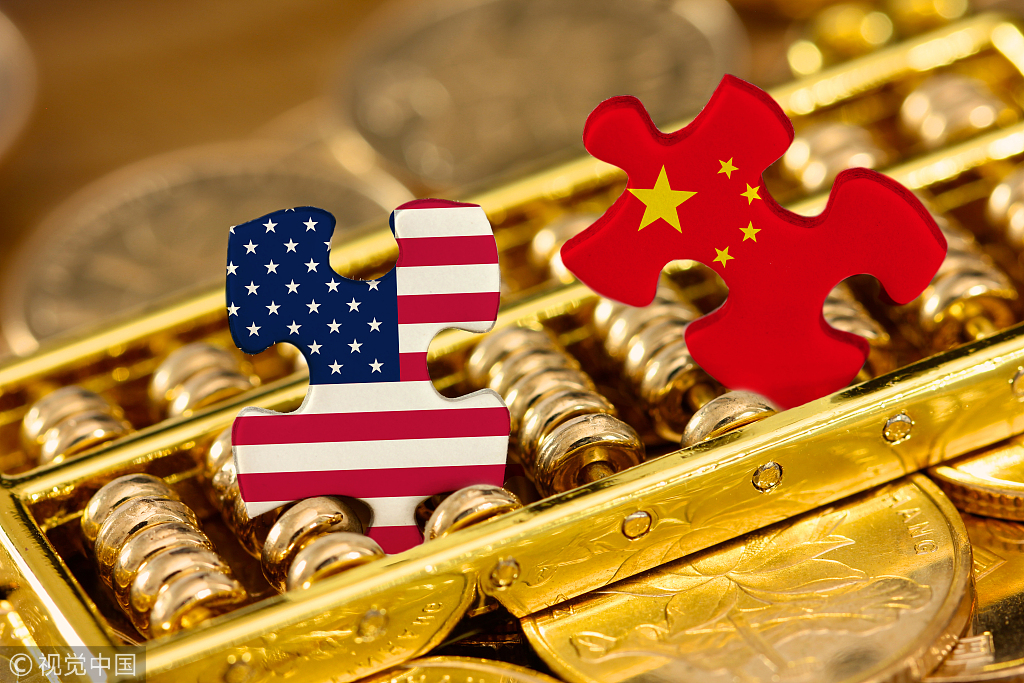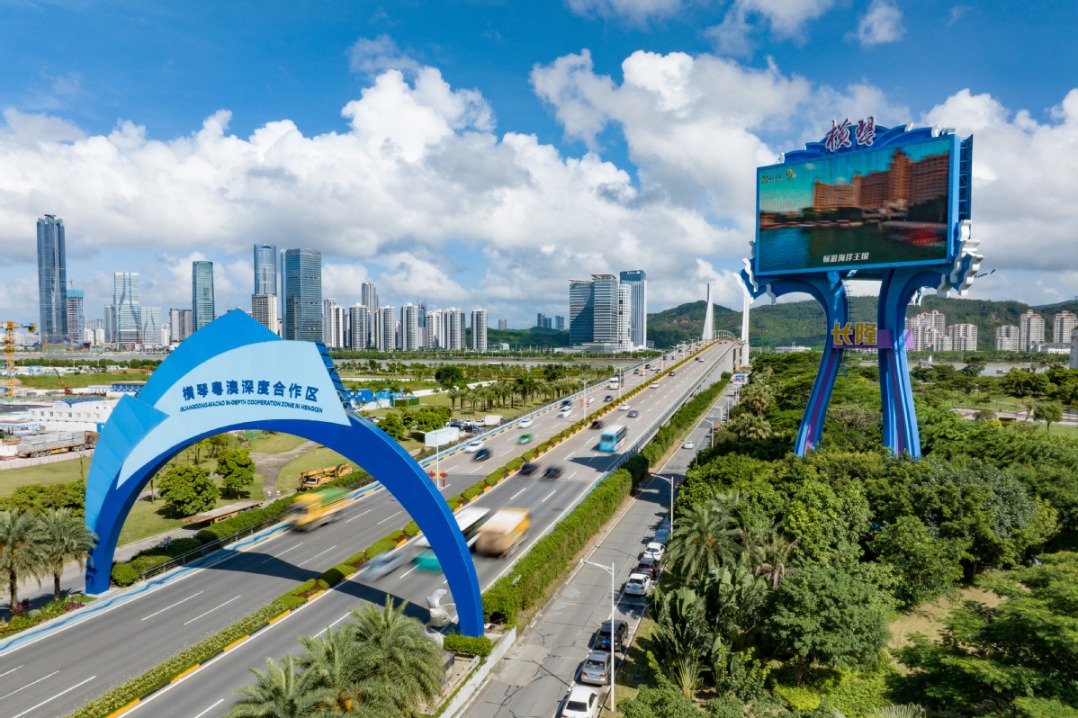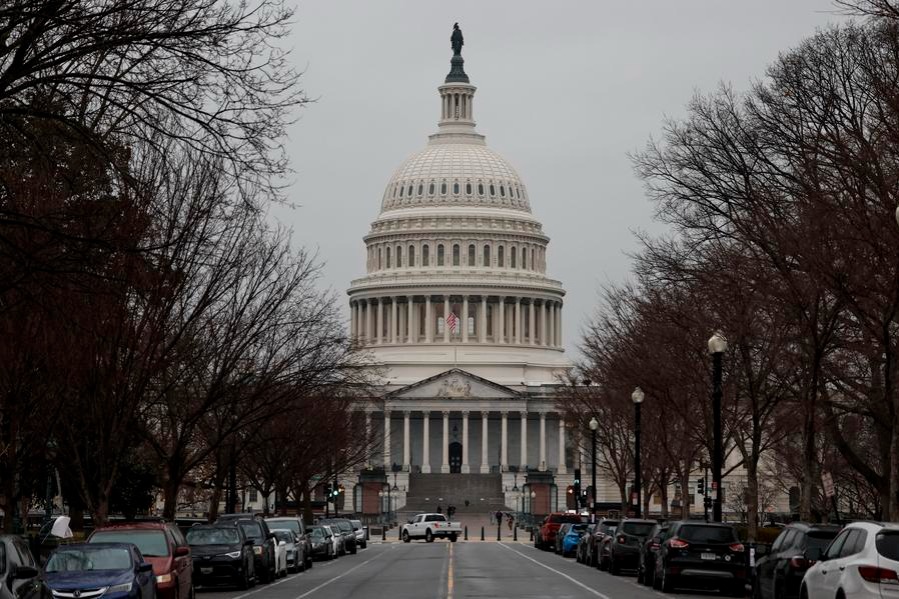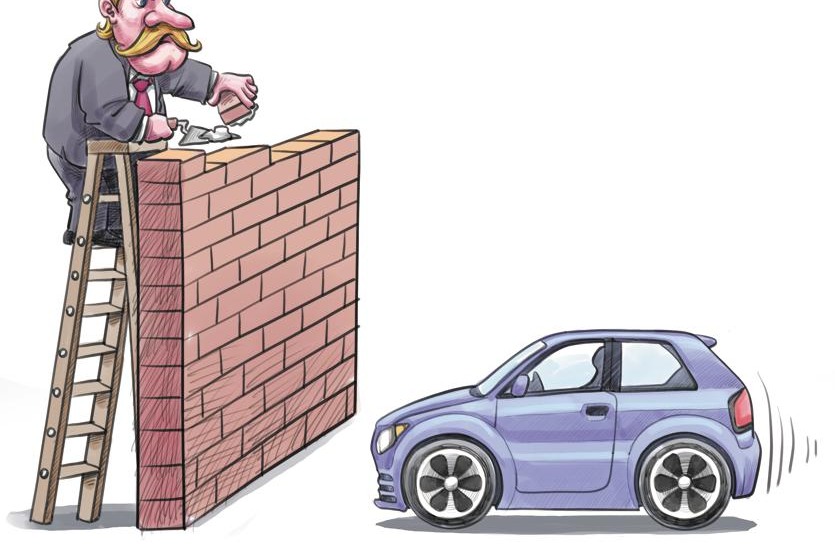US starts trade friction to hinder China’s industrial upgrading, diverting domestic contradictions


China must come to realize why the US unilaterally initiated the trade friction in order to properly address it.
To hinder China’s industrial upgrading is a major reason for the US to start the trade friction.
China’s status in the global industrial division has been rising since the launch of reform and opening up policy, especially after its accession to the World Trade Organization (WTO). Plenty of foreign high-tech enterprises have established branches in China, making up the major part of the country’s exportation.
After years of development, China’s own high-tech firms are emerging to become world-class enterprises, and the country’s manufacturing industry is going through accelerated upgrading.
The US, by hitting China’s high-end industries, intends to stop China’s industrial upgrading in the name of reducing trade deficit.
American economist and recipient of the Nobel Memorial Prize in Economic Sciences Joseph Stiglitz said in a recent article that if Donald Trump’s objective was to stop China from pursuing its “Made in China 2025” policy, he surely would fail.
On the contrary, Trump’s actions would only push Chinese leaders to resolve to boost innovation and achieve technological supremacy, as they would realize that they could not rely on others, and that the US was actively hostile, the economist wrote.
The intensified labor-capital contradiction is another reason for the US to initiate the trade friction against China.
The change of America’s industrial structure in the past decades to a large extent resulted in the widening gap of income distribution. The US is still a global leader in high-end manufacturing, and is moving toward smart manufacturing. As a result, the fall of traditional manufacturing is inevitable.
In addition, the dominance of its first and second industries has long been replaced by the third industry. High value-added service sectors, such as finance & insurance, real estate, leasing, and professional services, are going through faster growth than the low value-added ones such as wholesale & retailing, storage & transportation, information, education, health and entertainment.
The capital gains obviously outrun the labor gains in the third industry, especially in high value-added service sectors which are capital intensive.
The Occupy Wall Street Movement taking place after the 2008 global financial crisis proved the urgent need to address the social contradiction caused by the widening income gap.
However, the US government has given the wrong remedy, provoking international trade friction under the excuse of trade deficit, just like a patient forcing the healthy to take the medicine.
It is obvious that the US is not narrowing income gap and increasing saving rate to address domestic contradiction and reduce trade deficit, but transferring its domestic issues to other countries, in a hope that the others could pay the bills for the US itself.
(Yang Yingjie is a researcher at a research institute of Xi Jinping Thought on Socialism with Chinese Characteristics for a New Era under the Party School of the Central Committee of the Communist Party of China (CPC), and deputy editor-in-chief of Study Times affiliated to the Party School of the Central Committee of the CPC.)


































